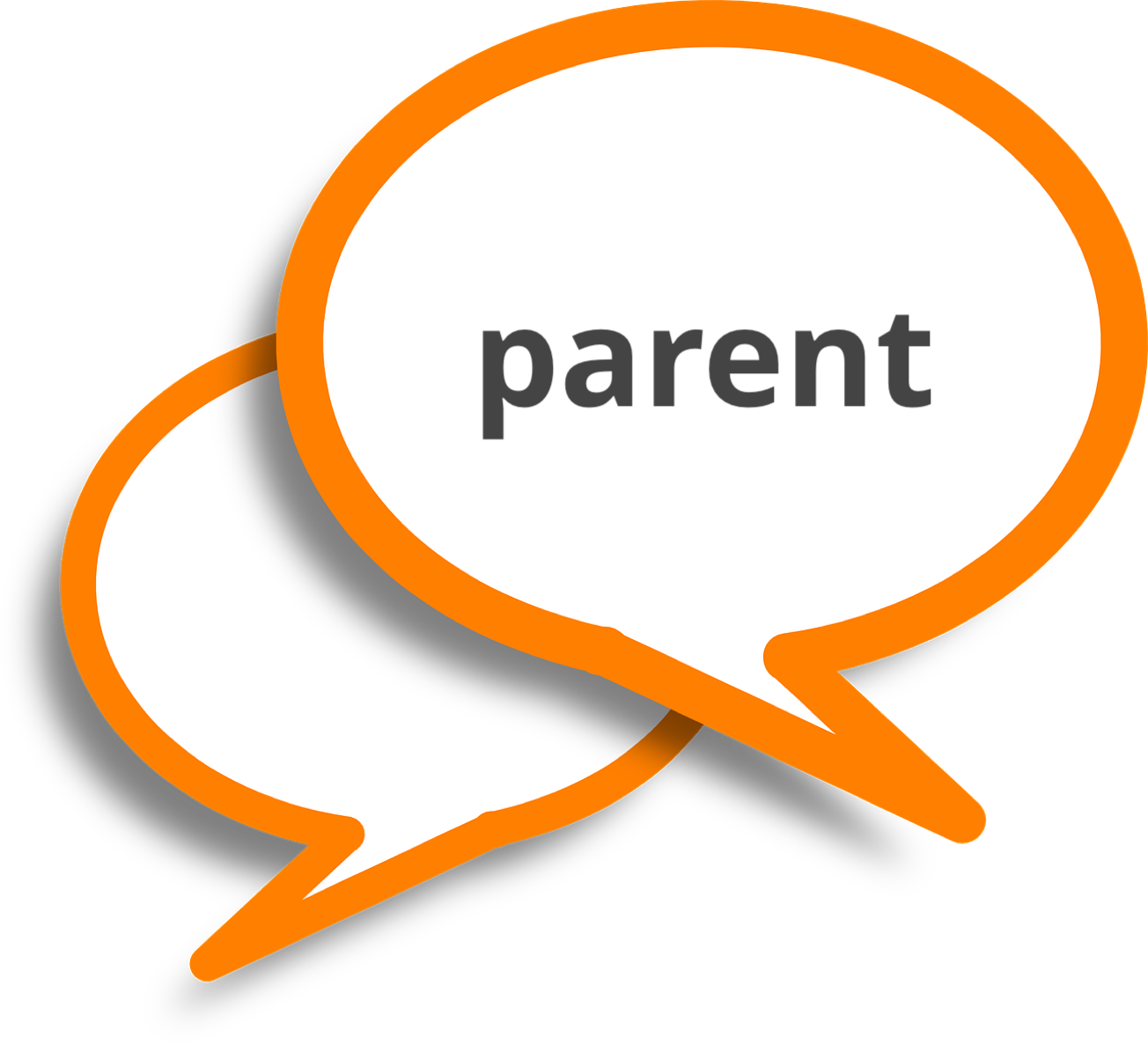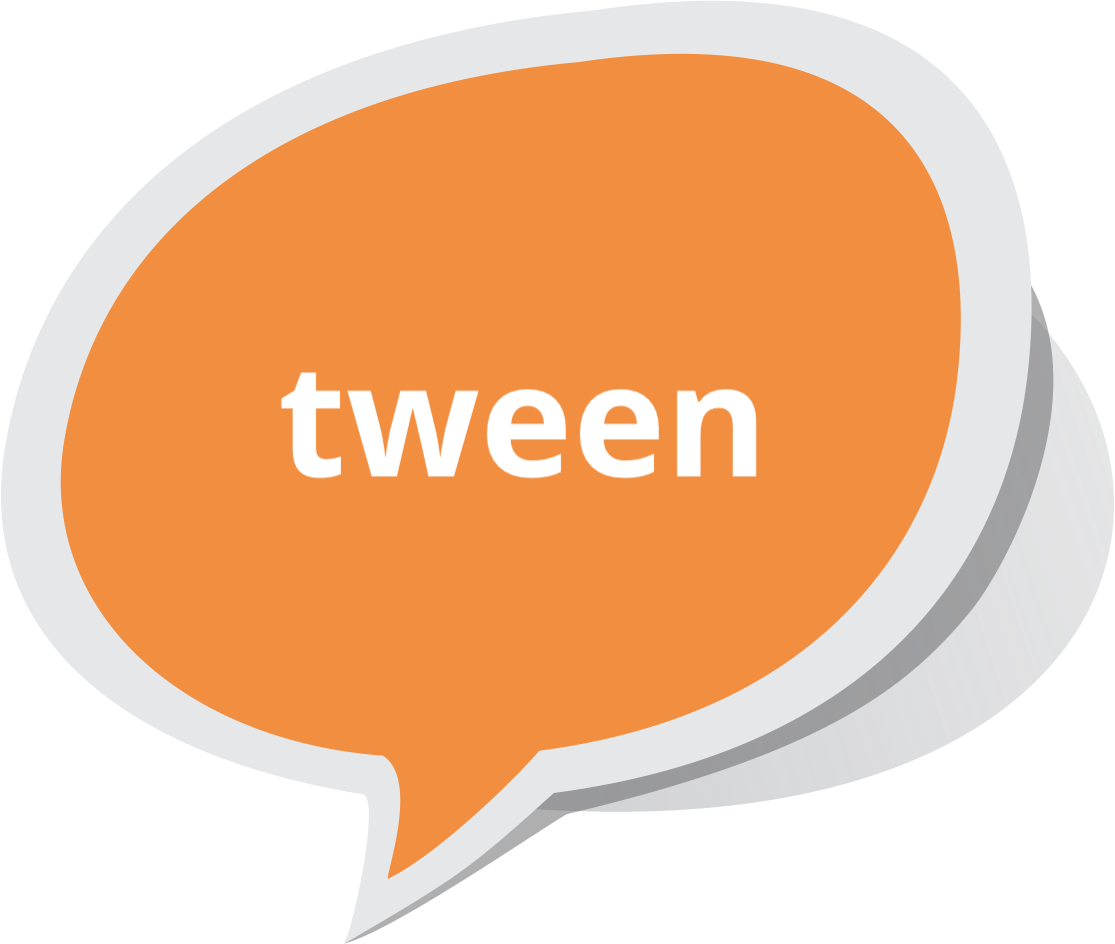Script: Respectful Sex Versus Porn

“Yeah”


“It does feel weird to talk to my (mom/dad) about sex.”


“I can handle things by myself now.”


“I hear people talking about it at school. Some of them say they have already had sex, but I’m not sure they actually have.”


Provide opportunities for your tween to be honest with you about what they have or haven’t seen related to sexual images by first normalizing it: “It is hard to know what a healthy relationship and sex is. You see sex everywhere – on TV, in movies and it is so easy to see pornography on the internet. It pops up even when you aren’t trying to find it.”
“Yeah, it will pop up randomly like gifs or videos on tumblr or insta.”


Don’t overreact to this statement, it should be expected that your tween has seen images and videos online or in movies. Congratulations! They feel comfortable enough to share this with you! Before you provide any information about sex and porn, you want to learn more from your tween first. Ask an open-ended question: “What kinds of things have you seen?”
“I don’t know. I try to turn them off right away when they pop up. Sometimes it makes me feel bad even though I only watched it for a second.”


“How would I know what is right?”


Provide simple, brief information and share age-appropriate resources. “Having a healthy, caring relationship may or may not include sex. Caring about someone means respecting how they feel and what they want, being sure one person is not forcing the other person to do anything. It also means protecting each other by using condoms, if sex is something they both want. A healthy relationship usually involves a high level of respect and trust.”
“Sex is not something I want to do right now.”


Pause to reflect on the meaning behind their statement: “You have thought through this and made a decision about sex that is right for you. Most tweens and teens don’t have sex until they are much older. But seeing lots of sexual images in movies, music or online can make it seem like everyone is having sex all the time – this isn’t the case for most people. Maybe we can talk some more about how you plan to keep this commitment to yourself next time we are walking the dog.” Allowing this space will give time for your tween to think more about ‘how’ and allow you the opportunity to continue building a strong foundation for open communication.
“Sure.”

responding to resistance from tweens
“Really…I don’t want to have the ‘sex’ talk with you.”


“I handle myself.”


“You are not going to leave me alone about this, are you?!”


Don’t engage in an argument with your tween. Provide some brief information to try to engage your tween in the discussion. “It is hard to know what a healthy relationship and sex is. You see sex everywhere – on TV, in movies and it is so easy to see pornography on the internet. It pops up even when you aren’t trying to find it.”
“So.”


“I haven’t.”


“Nope.”


Your tween is obviously not interested in the discussion. Continue with your main message only and try again another time: “Most porn is not healthy or safe. A lot of it is violent with one partner having control over or disrespecting the other. A lot of times it can create problems for users later on.”
“Hmmm”


“Are we done yet?”


Avoid responding with anger, instead let your tween know your motivation for the discussion: “I know you don’t want to talk with me about this right now. I care about you and want to be sure you have the information you need in order to be safe, and have positive relationships in the future. This is much better than being influenced by the money-hungry porn industry that doesn’t care about your wellbeing.” This response may be difficult in the moment but will go a long way to creating curiosity in your tween to ask questions and establishing stronger communication in the future. Keep finding opportunities to connect and talk with your tween.